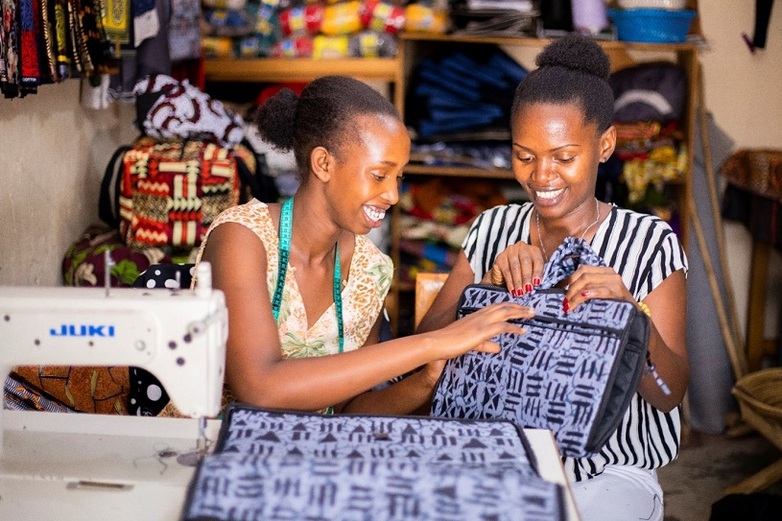Promoting the economy and employment in Rwanda’s light manufacturing sector
Skills Development for Economic Transformation (SD4T)
-
Commissioning Party
German Federal Ministry for Economic Cooperation and Development (BMZ)
-
Country
-
Lead executing agency
More
-
Overall term
2023 to 2025
-
Products and expertise
Economic Development and Employment
Context
Unemployment remains one of Rwanda's greatest challenges, despite its high rate of economic growth in recent years. The majority of the population work in the low-income agriculture sector. Increasingly more young people are entering the employment market. Many local businesses, however, are micro-enterprises, creating only a few jobs. The professional skills of many job seekers also do not meet the requirements of the employment market. Consequently, the industrial sector in particular is not able to fully exploit its potential for value creation and growth.
Objective
Micro, small, and medium-sized enterprises (MSMEs) in Rwanda's light manufacturing sector are growing based on principles of inclusiveness, productivity, and environmental sustainability, and are creating new jobs.

Approach
Together with the Rwandan partners, the project takes a transformative approach. It aims to promote competencies in economic policy and private sector development for an economy that is inclusive, gender-sensitive, digital and green, with good working conditions.
The project improves the competencies of economic policy actors and businesses by:
- Providing expert advice to businesses and cooperatives on how to create and implement standards and norms, for example on health and safety in the workplace.
- Advising TVET institutions on how to improve the quality of their education and training programmes, e.g. by developing and reviewing curricula.
- Integrating digital and green approaches in TVET and further trainings.
- Supporting businesses to develop new products to increase performance and effectiveness.
- Increasing women's economic participation, e.g. by raising awareness of safe and gender-equitable workplaces for women and promoting women-owned businesses.
Last update: April 2023






